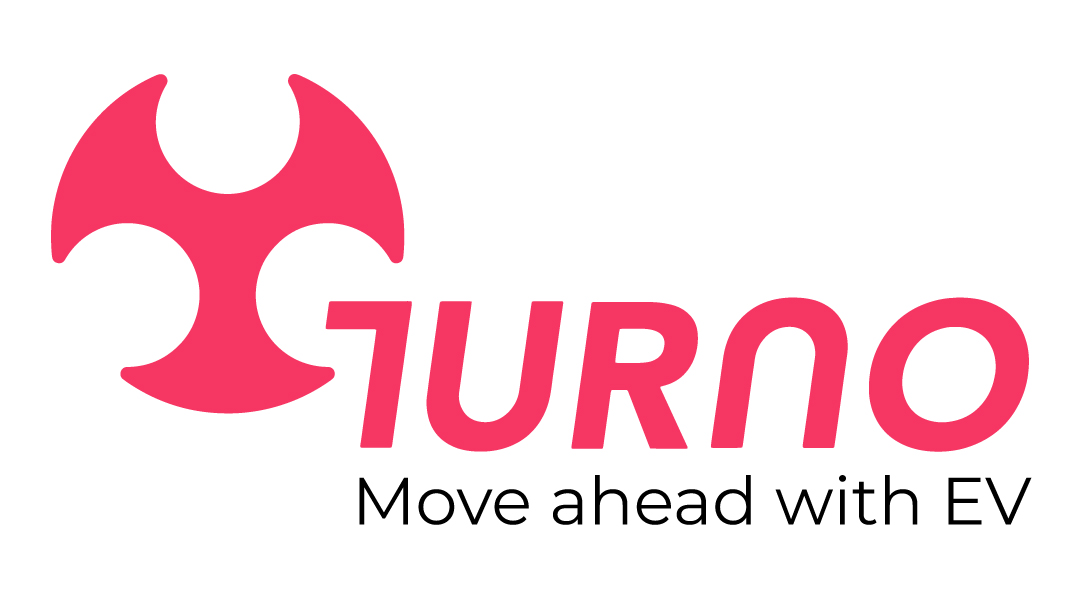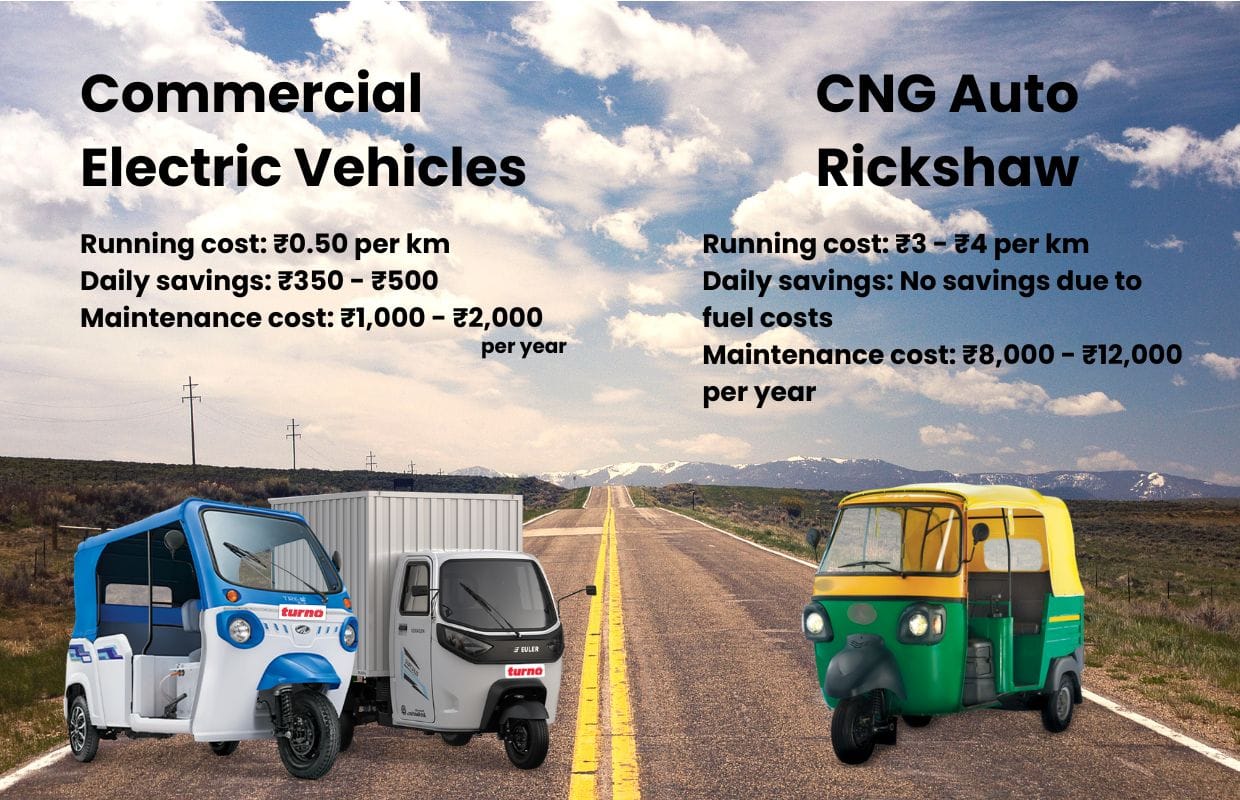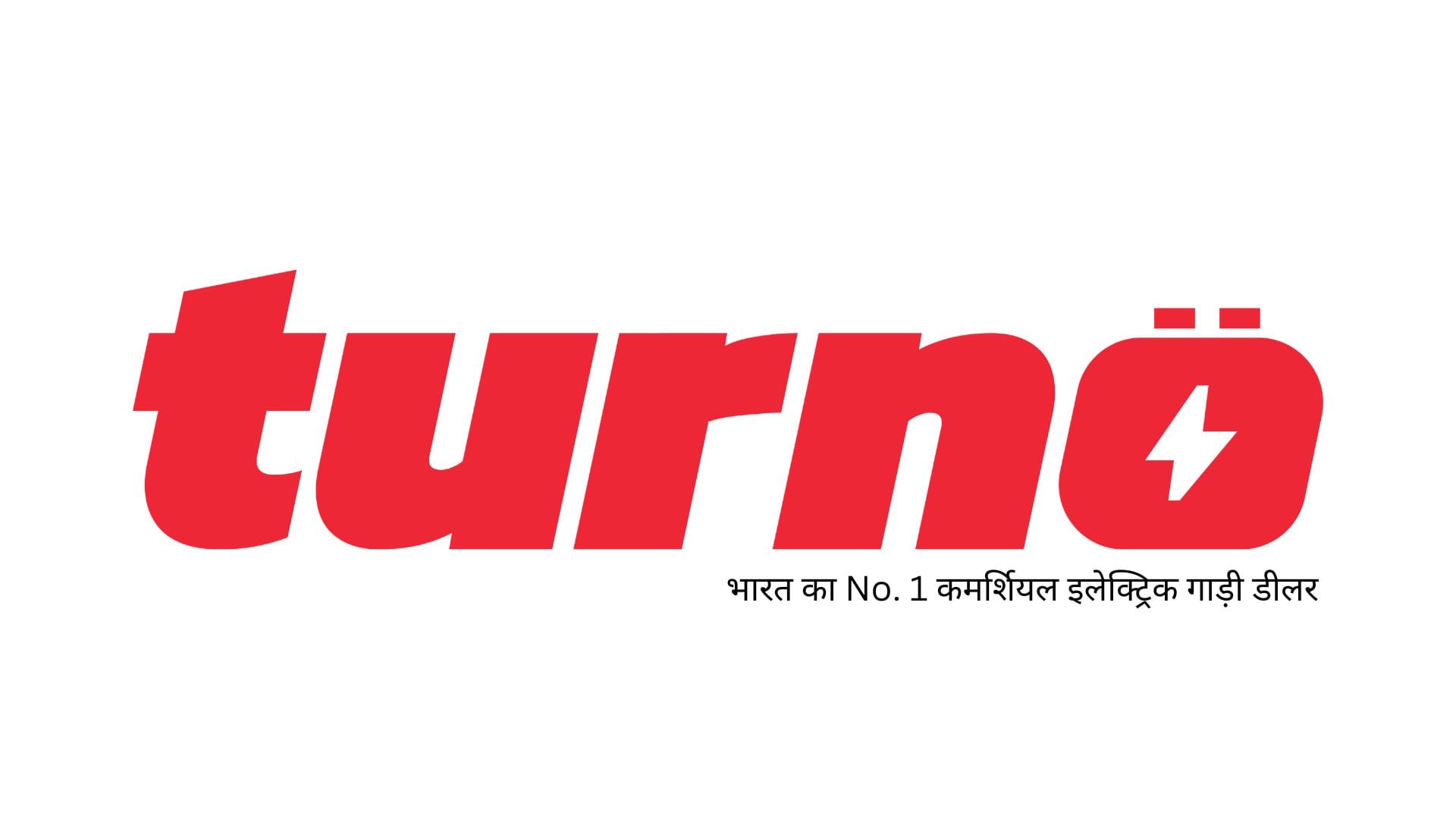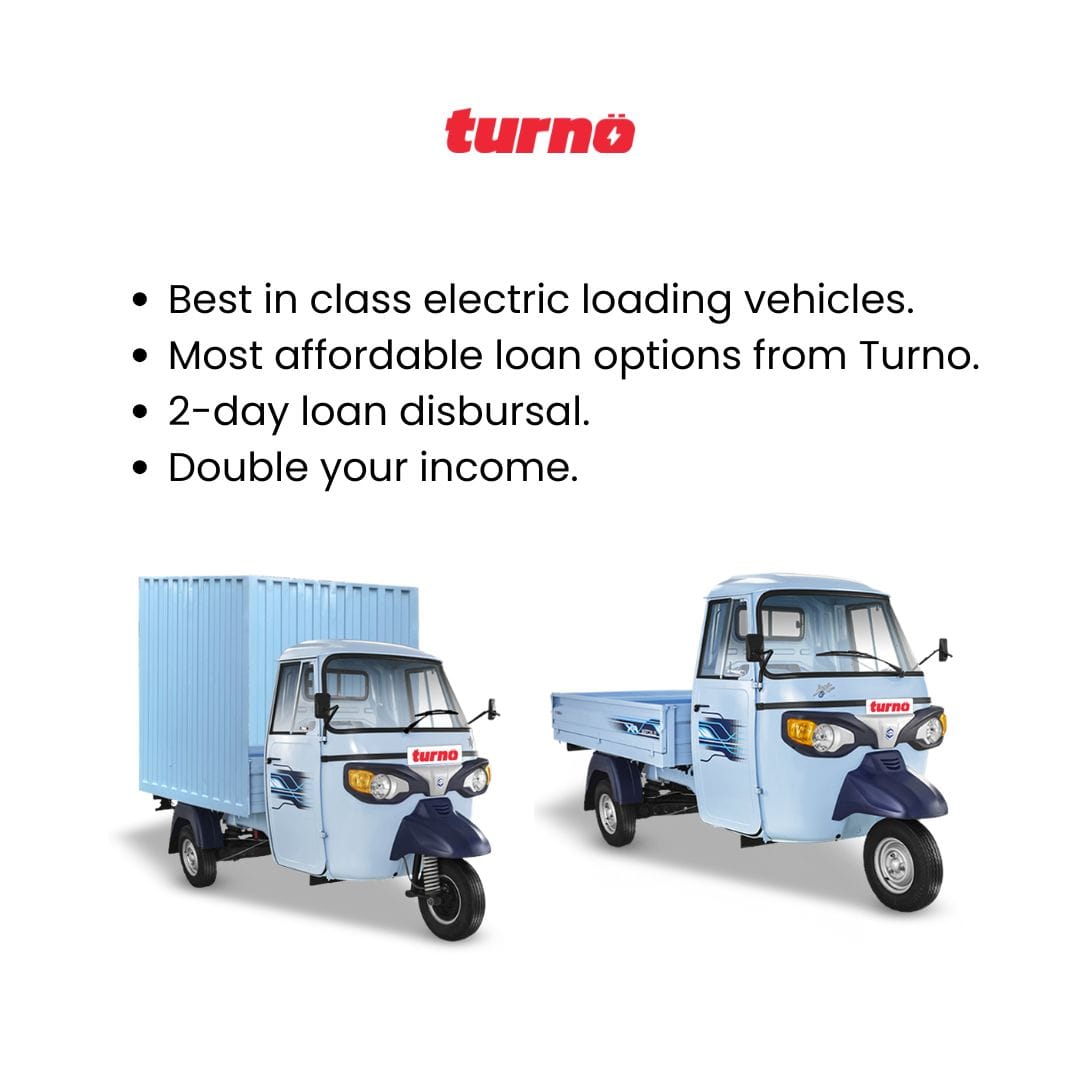The Indian electric vehicle (EV) industry has seen significant growth in recent years, with several manufacturers investing heavily in the sector. However, the industry has been facing a liquidity crisis due to the non-release of pending subsidies, which is a matter of concern for the industry body representing EV manufacturers, the Society of Manufacturers of Electric Vehicles (SMEV). The SMEV has sought the intervention of a parliamentary panel to address the issue.
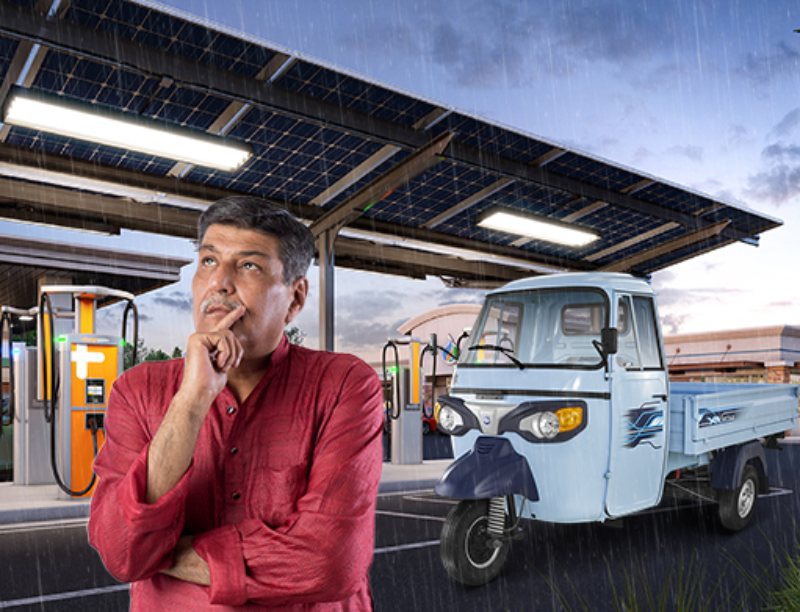
The Issue of Pending Subsidies for Electric Vehicles:
According to reports, the SMEV has written to the Standing Committee on Finance, urging it to take up the matter of pending subsidies with the Ministry of Heavy Industries and Public Enterprises. The industry body has highlighted that several EV manufacturers, including those producing electric three wheelers, cargo EVs, and e-rickshaws, are facing a serious liquidity crisis due to unpaid subsidies worth around INR 1,200 crore ($161 million). This has not only affected their cash flows but has also led to delays in the delivery of EVs to customers.
The SMEV has also pointed out that the non-release of subsidies has created an uneven playing field in the industry, as some manufacturers have received the subsidies while others, particularly those manufacturing electric three wheelers, cargo EVs, and e-rickshaws, are still waiting. This has put the latter at a disadvantage and has made it difficult for them to compete with their peers.
The FAME Scheme and Eligible Electric Vehicles:
The subsidies in question are part of the Faster Adoption and Manufacturing of (Hybrid &) Electric Vehicles (FAME) scheme, which was launched by the government in 2015 to promote the adoption of EVs in India. Under the scheme, eligible EVs, including electric three wheelers, cargo EVs, and e-rickshaws, are eligible for subsidies ranging from INR 1,800 ($24) to INR 22,000 ($295) per unit, depending on their category.
The FAME scheme has been instrumental in promoting the adoption of EVs in India, with several manufacturers ramping up their production capacity to meet the demand. The scheme has also led to a reduction in the cost of EVs, making them more affordable for customers. However, the delayed release of subsidies has hampered the growth of the industry, particularly for manufacturers of electric three wheelers, cargo EVs, and e-rickshaws.
Challenges Faced by the EV Industry:
Despite the growth in the EV industry, it still faces several challenges that need to be addressed. One of the major challenges is the lack of charging infrastructure, which is critical for the adoption of EVs. The government has been working to address this issue by setting up charging stations across the country. However, the lack of charging infrastructure for electric three wheelers, cargo EVs, and e-rickshaws remains a concern.
Another challenge is the high cost of EVs, which is a major barrier for customers. While the cost of EVs has reduced due to the FAME scheme, they are still more expensive than their petrol and diesel counterparts. The government has been incentivizing the adoption of EVs through subsidies and tax exemptions. However, the delayed release of subsidies has made it difficult for manufacturers of electric three wheelers, cargo EVs, and e-rickshaws to offer competitive prices to customers.
The SMEV has also pointed out that the lack of a clear policy roadmap for the EV industry has made it difficult for manufacturers to plan their investments. The industry body has urged the government to provide a clear policy roadmap that outlines the incentives and benefits for the industry, including those manufacturing electric three wheelers, cargo EVs, and e-rickshaws.
Conclusion:
The electric vehicle industry in India has shown immense potential and growth in recent years, with several manufacturers investing in the sector. However, the non-release of pending subsidies has created a liquidity crisis for several manufacturers, particularly those producing electric three wheelers, cargo EVs, and e-rickshaws.
Turno simplifies the process of buying and owning electric three-wheelers, cargo EVs, and e-rickshaws by providing end-to-end solutions that include assistance in accessing government subsidies, financing options.
